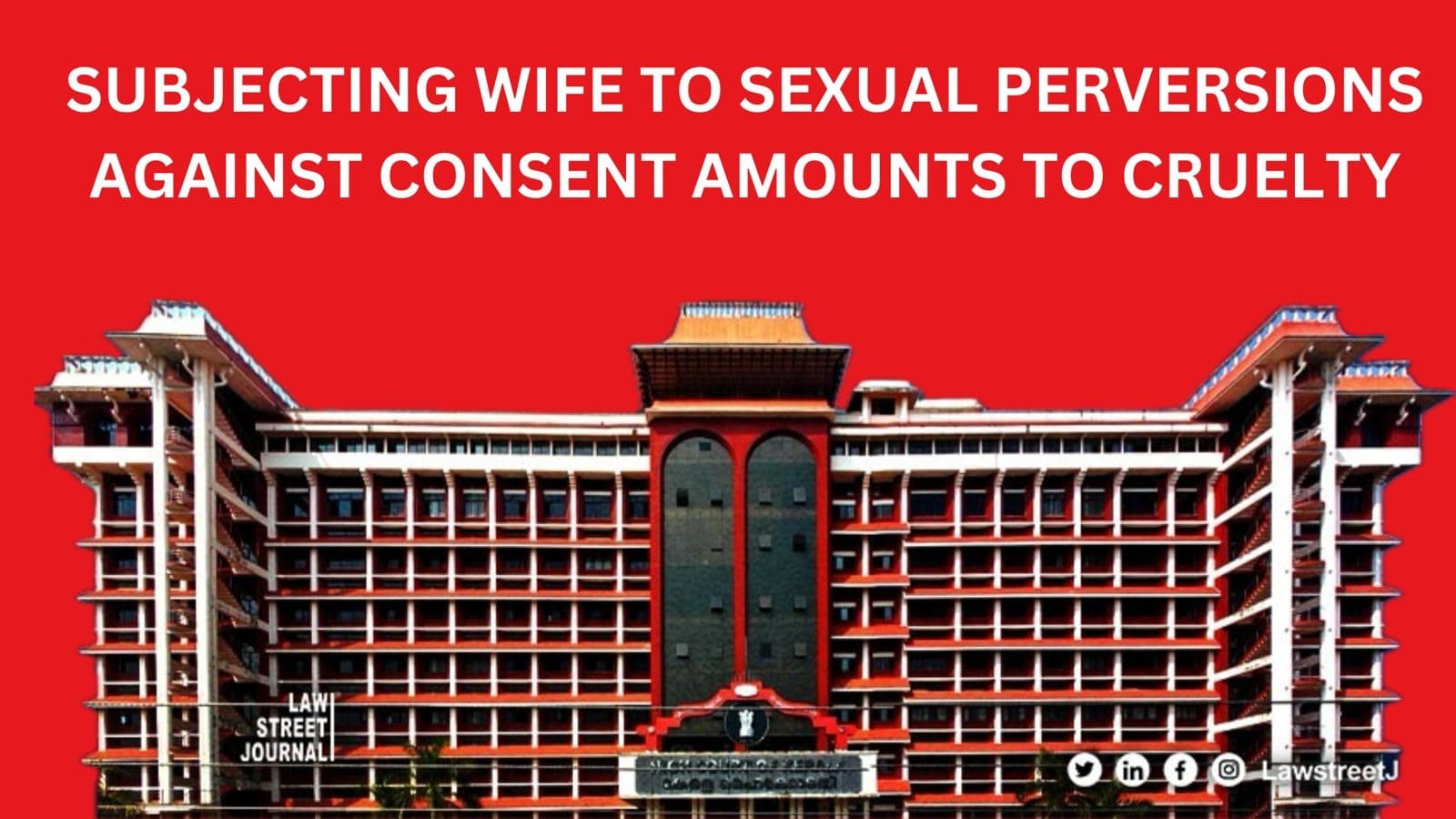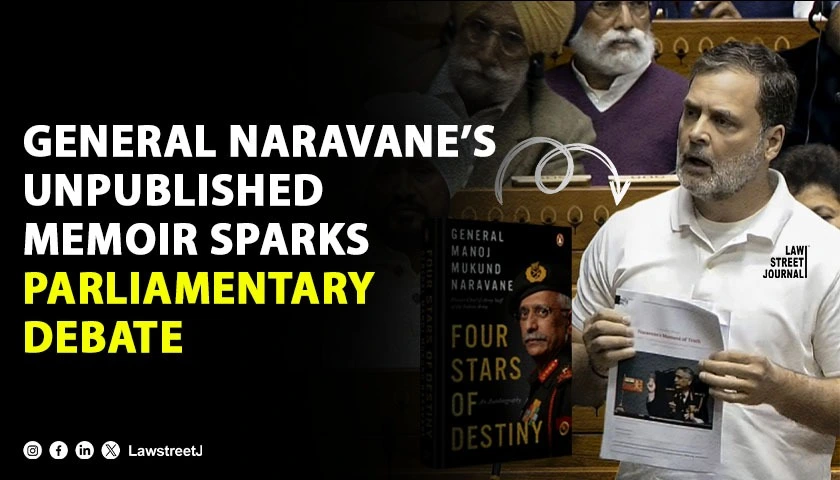Kerala: Even though matters within the bedroom are private, subjecting a wife to sexual perversions against her will and consent amounts to mental as well as physical cruelty, the Kerala High Court held recently.
If the conduct and character of a party causes misery and agony to the other spouse, the said conduct would certainly be an act of cruelty to the spouse justifying the grant of divorce. Subjecting the wife to sexual perversions against her will and consent is certainly an act of mental as well as physical cruelty.
With these pertinent observations, the Court also delved into what constitutes as sexual perversion.
Perceptions of people differ on what act(s) constitute sexual perversion. What may be perversion to one, may not be perversion to another. When two consenting adults engage in coitus in the privacy of their bedroom, it is their choice as to how and in what manner they should act. But if one of the party objects to the conduct or acts of the other party on the ground that it is against normal course of human conduct or normal sexual activity, and still he/she is compelled to do the same, then it can only be termed as cruelty both physical and mental.
The Court was hearing two matrimonial appeals moved by a woman challenging two orders of a family court. The first order dismissed her plea seeking divorce. The second order allowed her husband's plea seeking restitution of conjugal rights.
After living together for 17 days post their appellant-wife and her husband's 2009 wedding, the husband allegedly left to pursue work opportunities abroad.
The wife said that during the course of these 17 days, her husband had physically assaulted her when she complained, forced her to replicate scenes from pornographic movies, and exposed her to sexual perversions.
She also claimed that her in-laws forced her to leave the married residence after her spouse left. She said that he didn't provide her any maintenance until she filed for divorce in family court. The husband said that everything was made up only to get a divorce and refuted all of the accusations.
It came to the courts notice that pleadings did not contain specific details of the physical and sexual abuse. However, the wife had described them in detail when she was cross-examined in the trial of a criminal case in which the husband was charged with cruelty (Section 498A, IPC), the Court noted.
The Court also rejected the Family Courts reasoning that it was improbable for the respondent to have committed the acts referred to by the petitioner as the couple had cohabited for only 17 days.
The respondent/husband has no case that he had no access to the petitioner/wife or that he had no opportunity to be with his wife in the privacy of their bedroom after marriage. From the testimony of the petitioner, it is clear that the marriage had in fact been consummated. This is not seen disputed by the respondent. Therefore, in such circumstances to say that the acts were improbable is apparently incorrect.
The Court also took exception to the unnecessary, indecent and inappropriate questions that were put with an intention to insult or annoy by the husbands lawyer to the wife.
On these grounds, the High Court deemed it fit to dissolve the marriage of the parties and set aside the orders of the family court.








![Kerala HC Quashes 498A Dowry Harassment Case Against Live-In Partner, Citing Lack of Relative Status [Read Order]](/secure/uploads/2023/08/lj_5693_1057c042-1e57-4e27-8c9e-25af0ec38ec4.jpg)
![Watching porn on mobile: Kerala HC highlights importance of mother cooked meals, outdoor sports [Read Order]](/secure/uploads/2023/09/lj_9155_Parental_supervision_of_mobile_phone_usage.jpg)
![Lakshadweep MP Mohammed Faizal Disqualified from Lok Sabha After Conviction Suspension Plea Rejected by Kerala High Court [Read Notice]](/secure/uploads/2023/10/lj_9640_87b5fd97-0e05-4ff8-9a99-3be1e4446192.jpg)






